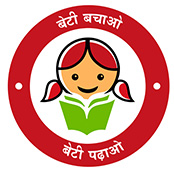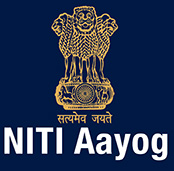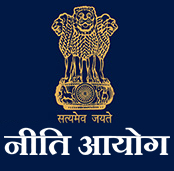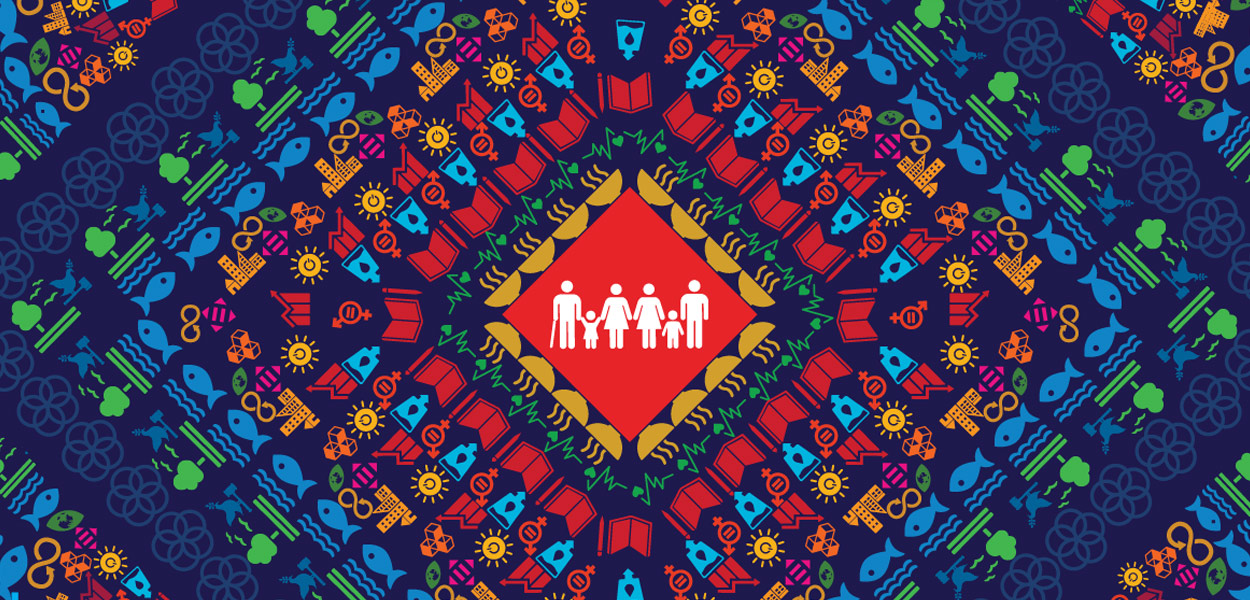United Nations Development Agenda for 2016-30, 'Transforming Our World: The 2030 Agenda for Sustainable Development', comprising 17 Sustainable Development Goals (SDGs) and 169 related targets, was adopted and signed by the Government of India in September 2015. NITI Aayog has been given the twin mandate to oversee the adoption and monitoring of SDGs in the country and promote competitive and cooperative federalism among States and UTs.
A seminar on SDGs and their evaluation was held on 25 February 2016 in Vigyan Bhawan, New Delhi. It was attended by representatives and officials of various Central Ministries, NITI Aayog, UNDP, ADB, and international students of NILERD.
Dr Vinod Thomas, Director-General, Independent Evaluation Office, ADB, spoke on ‘India and SDGs’. The seminar focused on the Goals related to the social sectors, including health and sanitation, safety nets, poverty alleviation, and their relevance in the Indian context. The presentation compared the growth, TFP and achievements of the Millennium Development Goals made in other countries, such as China, Poland, Nepal, Pakistan, Bangladesh, and differences in inter-state patterns within India. The challenges in the assessment of SDGs, such as the availability of less data, were also highlighted. ADB offered to consider developing tools for impact evaluation that could be customised and utilised by various countries.
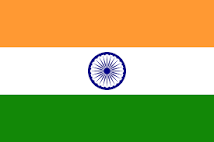 National Portal Of India
National Portal Of India 